General Electric DS200SLCCG1AFG
Manufacturer:General Electric
Model:DS200SLCCG1AFG
Series:Speedtronic
Type:Communication Card
Module Size:Compact design
Operating Temperature:-40°C to +85°C
Power Consumption:Less than 5W
Connectivity:LAN-based communication interface
Compatibility:Mark V Turbine Control Systems
Dimensions:11 x 6 x 6.7 cm
Weight:0.14 kg
The GE DS200SLCCG1AFG is a highly reliable and robust Ethernet network interface card specifically engineered for industrial control applications, ensuring smooth data transfer between various components of the Mark V system.
Featuring advanced error correction mechanisms and high-speed data transmission capabilities, this communication card optimizes system efficiency and reliability, enabling seamless integration with existing infrastructure.
Crafted from high-quality materials, it withstands harsh industrial environments, ensuring longevity and minimal downtime. Its compact design facilitates easy installation and maintenance, minimizing the impact on operational workflows.
Compliant with the latest industry standards, the DS200SLCCG1AFG supports diverse protocols, including TCP/IP, facilitating interoperability with a wide range of devices and systems. This ensures compatibility across different industrial automation solutions.
For optimal performance, the card requires proper configuration through the Mark V system’s user interface, allowing for customization to meet specific operational needs. Detailed installation and setup guides are provided to ensure a smooth deployment process.

First hand source, affordable price. Spot inventory!
•Shipping Port: Xiamen
•Ship to you via Fedex/DHL/TNT/UPS/EMS
•Package: Original packing with cartons
Our Main Brand✨
ABB, GE, Allen Bradley, Honeywell, Emerson, Bently Nevada, Prosoft, Siemens, Westinghouse, Triconex, Foxboro, ICS Triplex, Hima, Schneider, Yokogawa, Woodward, B&R, KEBA, etc
Rockwell: Allen-Bradley
1) ControlLogix 1756 series controller
2) CompactLogix 1769 series controller
3) SLC 500 1747 1746 Series Controller
4) PLC-5 1771 1785 series controller5)
5)ProSoft :MVI69/PS69/MVI56/MVI94/MVI71/MVI46/31506)
6)ICS TRIPLEX trusted system
ABB:
1) AC800M series controller I/O module
2) AC800F series controller module
3) AC31 series controller module
4) 800xA series modules
5) Bailey INFI 90 module
6) DSQC robot module spare parts
7) Advant OCS system spare parts
8) H&B Freelance
Bentley Nevada :
1) Bently 3500 Monitoring system
2) Bently 3300 Monitoring system
Schneider:
Quantum 140 series :Modicon M340
Modicon Premium :CPU Processor Module,Communication module,etc
Emerson:
1) Ovation System DCS Card
2) DeltaV system Dual Channel Redundancy Safety System, Redundancy Controller
General Electric:
1) IS200/DS200 series Excitation system card
2)IC693/IC695/IC697/IC698/IC200/IC660/IC670 CPU module,Communication module, Analog Digital module
What is a DCS?
A Distributed Control System (DCS) is a sophisticated, computer-based control system designed to automate, monitor, and manage complex industrial processes. It is widely used in large-scale industrial facilities such as refineries, power plants, chemical plants, and paper mills, where precision, reliability, and scalability are critical.
How Does a DCS Work?
A DCS is composed of several interconnected components that work seamlessly to ensure efficient process control. Here’s a breakdown of its key elements:
- Controllers:
These are the “brains” of the system. Controllers receive data from sensors, process it using pre-programmed logic, and send output signals to actuators to maintain optimal process conditions. - Sensors:
Sensors act as the “eyes and ears” of the system, measuring critical physical parameters such as temperature, pressure, flow rate, and level. This real-time data is essential for accurate control. - Actuators:
Actuators are the “muscles” of the system. They execute physical actions based on controller commands, such as opening/closing valves, starting/stopping motors, or adjusting dampers. - Operator Stations:
These serve as the human-machine interface (HMI), allowing operators to monitor the process, adjust setpoints, and troubleshoot issues. Modern DCS systems often feature intuitive graphical interfaces for ease of use. - Communication Network:
The backbone of the DCS, this network connects all components, enabling seamless data exchange and coordination. It ensures that every part of the system works in harmony, even across large industrial sites.
Why is a DCS Important?
- Centralized Control with Distributed Execution: A DCS allows for centralized monitoring while distributing control functions across multiple controllers, reducing the risk of system-wide failures.
- Scalability: It can easily expand to accommodate growing operational needs.
- Reliability: Redundant systems and fail-safes ensure continuous operation, even in critical environments.
- Efficiency: Optimizes processes, reduces waste, and improves overall productivity.

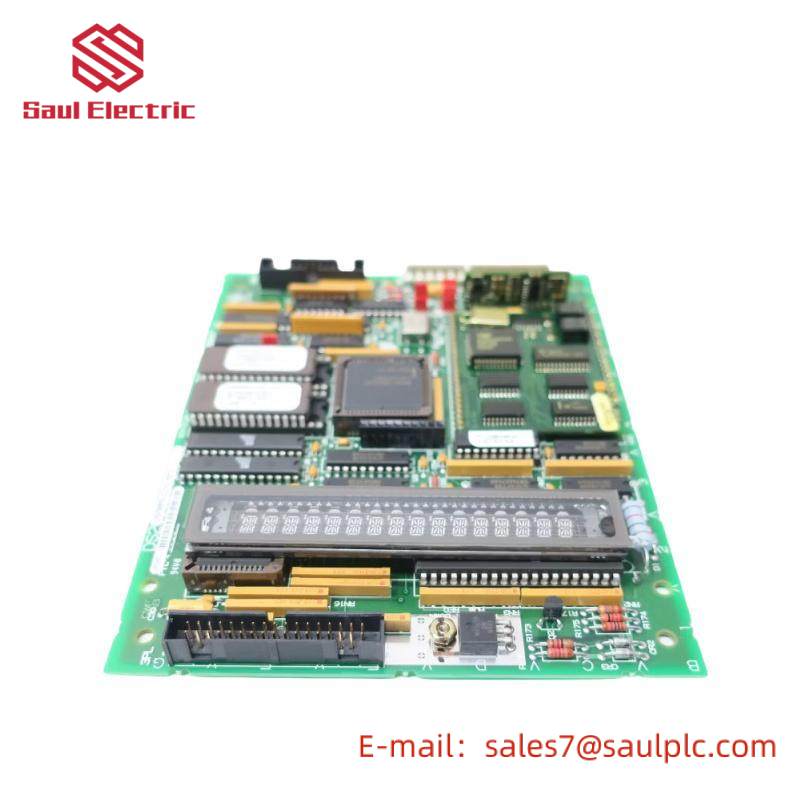
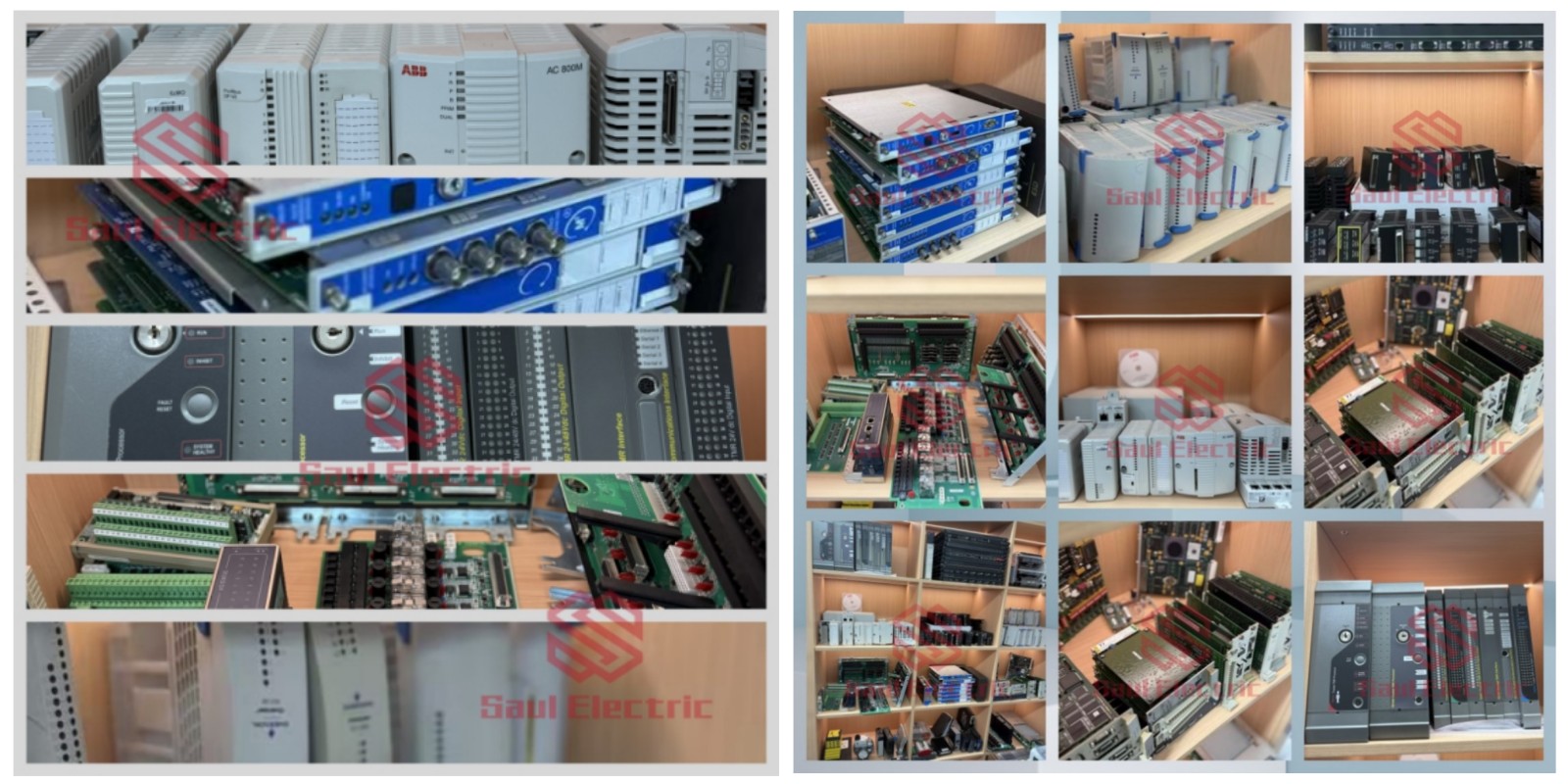

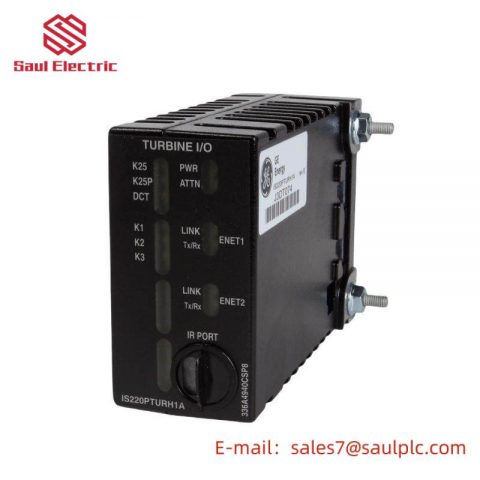
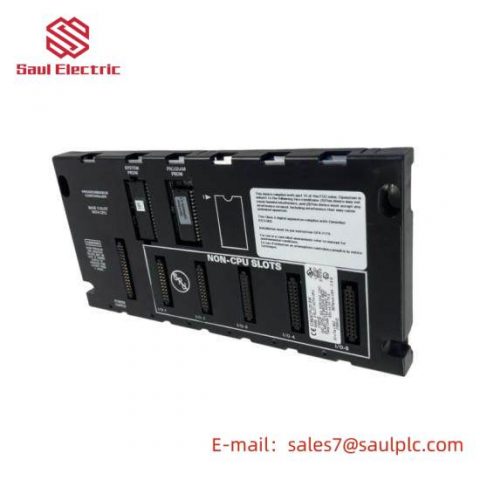
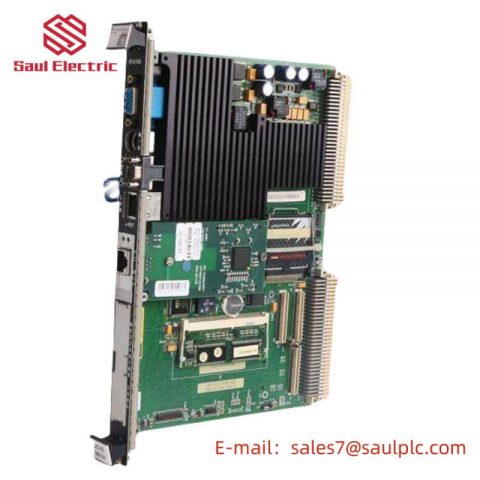
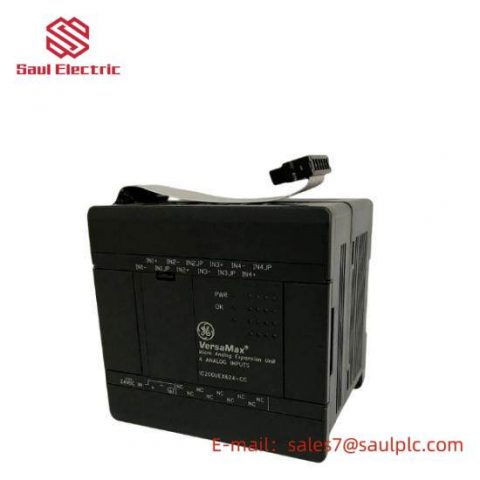
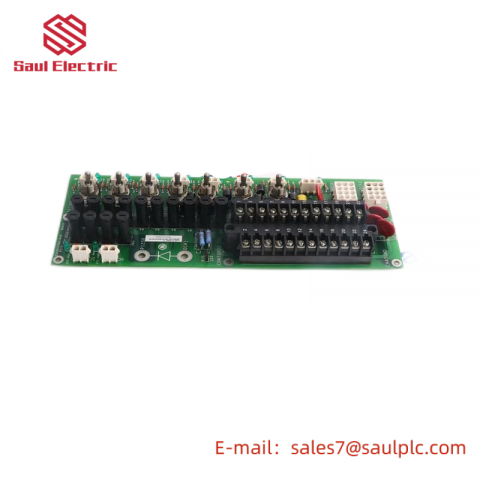
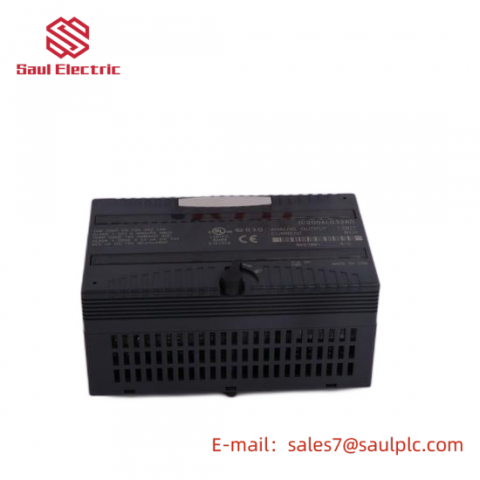
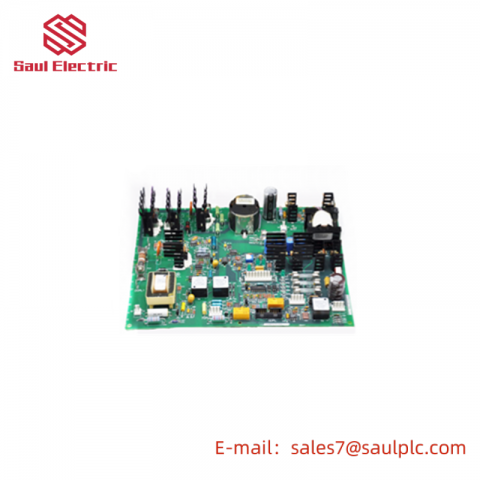
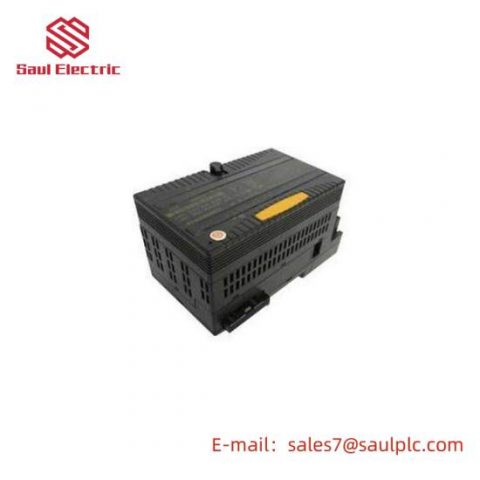

There are no reviews yet.